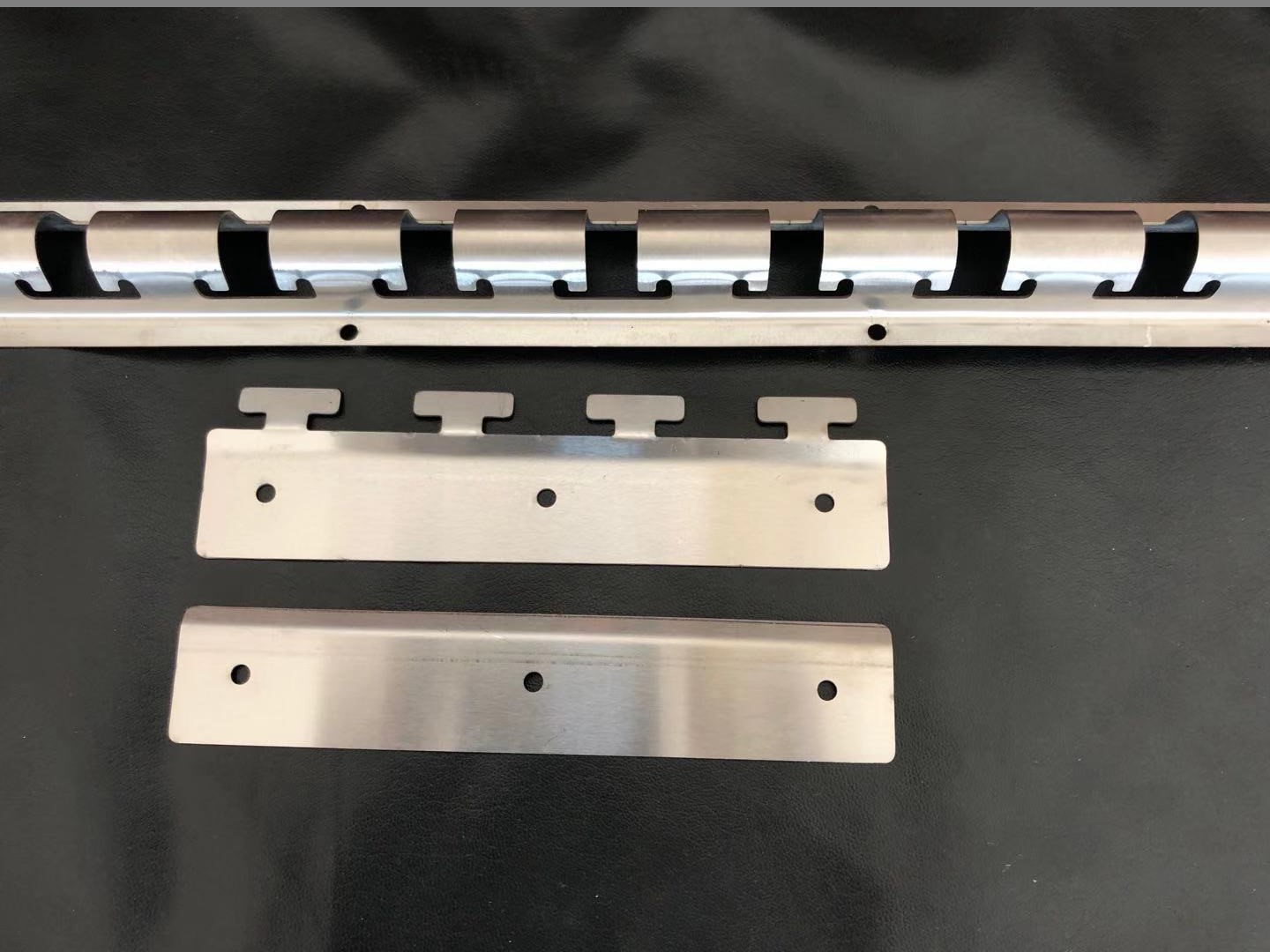- Afrikaans
- Albanian
- Amharic
- Arabic
- Armenian
- Azerbaijani
- Basque
- Belarusian
- Bengali
- Bosnian
- Bulgarian
- Catalan
- Cebuano
- Corsican
- Croatian
- Czech
- Danish
- Dutch
- English
- Esperanto
- Estonian
- Finnish
- French
- Frisian
- Galician
- Georgian
- German
- Greek
- Gujarati
- Haitian Creole
- hausa
- hawaiian
- Hebrew
- Hindi
- Miao
- Hungarian
- Icelandic
- igbo
- Indonesian
- irish
- Italian
- Japanese
- Javanese
- Kannada
- kazakh
- Khmer
- Rwandese
- Korean
- Kurdish
- Kyrgyz
- Lao
- Latin
- Latvian
- Lithuanian
- Luxembourgish
- Macedonian
- Malgashi
- Malay
- Malayalam
- Maltese
- Maori
- Marathi
- Mongolian
- Myanmar
- Nepali
- Norwegian
- Norwegian
- Occitan
- Pashto
- Persian
- Polish
- Portuguese
- Punjabi
- Romanian
- Russian
- Samoan
- Scottish Gaelic
- Serbian
- Sesotho
- Shona
- Sindhi
- Sinhala
- Slovak
- Slovenian
- Somali
- Spanish
- Sundanese
- Swahili
- Swedish
- Tagalog
- Tajik
- Tamil
- Tatar
- Telugu
- Thai
- Turkish
- Turkmen
- Ukrainian
- Urdu
- Uighur
- Uzbek
- Vietnamese
- Welsh
- Bantu
- Yiddish
- Yoruba
- Zulu
High-Quality PVC Boards from Hebei for Versatile Construction and Design Needs
Exploring the PVC Board Industry in Hebei, China
Hebei Province, located in northern China, has emerged as a significant player in the manufacturing of PVC boards. The region's industrial capabilities, favorable geographic location, and abundant resources have made it a hub for the production and distribution of various plastic products, particularly polyvinyl chloride (PVC) boards. This article delves into the PVC board industry in Hebei, exploring its manufacturing processes, applications, and the growing demand for sustainable building materials.
Understanding PVC Boards
PVC boards are a versatile material made from polyvinyl chloride, a synthetic plastic polymer. Known for their durability, water resistance, and low maintenance requirements, PVC boards are widely used in a variety of applications, including construction, furniture making, signage, and automotive interiors. Their lightweight nature and ease of installation make them particularly attractive for builders and designers alike.
Manufacturing Process
The production of PVC boards involves several steps, including the formulation of raw materials, extrusion, and surface treatment. In Hebei, many factories employ advanced technology and automated machinery to ensure high-quality products. The manufacturing process begins with mixing PVC resin with additives, such as stabilizers, fillers, and colorants, to achieve desired properties. This mixture is then fed into an extruder, where it is heated and shaped into boards of various thicknesses and sizes.
Quality control is a vital aspect of production. Manufacturers in Hebei implement rigorous testing to ensure their PVC boards meet industry standards for durability and safety. With increasing environmental regulations, many companies are also exploring eco-friendly additives and recycled materials in their formulations, aligning with global sustainability trends.
Applications in Various Industries
pvc board hebei

The versatility of PVC boards has led to their widespread adoption across multiple sectors. In the construction industry, they are often used for wall cladding, ceilings, and flooring due to their water-resistant properties and aesthetic appeal. In residential applications, PVC boards serve as an alternative to traditional wood, offering a more sustainable and cost-effective solution.
The signage industry also benefits from PVC boards, as they can be easily printed on and shaped, allowing for a wide range of creative applications. Additionally, the automotive sector utilizes PVC for interior parts, providing a cost-efficient and durable alternative to other materials.
Market Trends and Future Outlook
The demand for PVC boards in Hebei and beyond is on the rise, driven by an increase in construction activities and a growing awareness of sustainable building materials. As cities expand and infrastructure projects proliferate, the need for versatile, durable materials like PVC boards becomes paramount.
Moreover, the shift towards eco-friendly building practices has spurred innovation within the industry. Manufacturers are increasingly investing in research and development to create PVC boards that are not only strong and durable but also environmentally friendly. This includes the use of recycled PVC and non-toxic additives, aligning with the global push towards sustainability.
Conclusion
Hebei Province stands out as a key player in the PVC board manufacturing industry, benefiting from its strategic location, skilled workforce, and industrial capabilities. As the market for PVC boards continues to grow, manufacturers are adapting to changing consumer preferences and environmental regulations. The future of the PVC board industry in Hebei looks promising, particularly with the ongoing demand for sustainable and versatile building materials. As the construction and manufacturing sectors evolve, PVC boards will undoubtedly play a critical role in shaping a more sustainable future.
-
High-Quality PVC Strip Bulk Rolls – Anti-Insect, Plastic & Standard PVC Strip Curtains for Industrial UseNewsJul.08,2025
-
High-Quality Plastic Strip Door Curtain La Gama – Keep Spaces Fresh and HygienicNewsJul.08,2025
-
Plastic Flaps for Freezer Doors – Durable & Efficient Plastic Strips and CurtainsNewsJul.08,2025
-
Industrial Plastic Curtains for Efficient Temperature Control Durable Strip Doors for Butchers & RefrigeratorsNewsJul.07,2025
-
High-Quality PVC Door Curtain – Magnetic & Transparent Options for Efficient SeparationNewsJul.07,2025
-
High-Quality 냉장실용 커튼 for Efficient Cooling Durable PVC Coated Wire Mesh RollosNewsJul.06,2025



